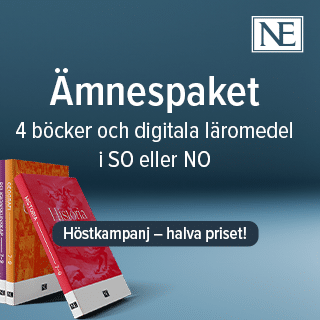Conditions for Children’s Language and Literacy Learning in Swedish Preschools: Exploring Quality Variations with ECERS-3
This article aims to explore the conditions for children’s language and literacy learning in 153 Swedish preschools with children one to five years. The Early Childhood Environment Rating Scale (ECERS-3) is used to evaluate preschool quality, focusing on the subscale of Language and literacy activities. The study draws on Bronfenbrenner’s ecological systems theory to highlight the conditions for children’s language and literacy learning in preschool. Significant differences were found in the quality of the 153 preschools as a whole and the five subscales in ECERS-3, giving children unequal conditions for learning and development in the studied areas. Within the Language and literacy subscale, items related to children’s oral language development scored a higher average quality compared with written language-relateditems. Individualized teaching, Staff–child interaction, and Whole-group activities were moderately correlated with activities supporting language development. The results are discussed in terms of an ecological perspective on preschool quality in which intentional teaching needs to be directed at language and literacy learning in both individual, small, and whole-group interactions.
Författare: Panagiota Nasiopoulou, Elisabeth Mellgren, Sonja Sheridan och Pia Williams

Modersmål
 Åk F–9
Åk F–9 Flickor med autism och adhd i skolan
 Åk F–Gy
Åk F–Gy 







